Brutal, bloody and borderline traumatising, Alex Garland’s controversial new A24 film Warfare pulls no punches. Ahead of the film’s official theatrical release, journalist Dean Blake sat down with lead actors Joseph Quinn and D’Pharaoh Woon-A-Tai to unpack the bleak and horrifyingly realistic military combat epic.
When I saw Alex Garland’s latest military movie Warfare earlier this year, I came out frankly shocked. Not only was it a fantastic, deeply distressing movie showcasing the reality of war, it managed to do so without any of the usual glorification of warfare and soldiers we so often see on the silver screen.
The movie tells the true story of a group of U.S. Navy SEALs that, after slipping into enemy territory, get surrounded and pinned down in a building. Without spoiling anything for those of us who haven’t gone to see it yet (hint: you should), things get worse and worse for the soldiers as the movie goes on, and Warfare isn’t shy about showing off the physical and mental toll that real-life war has on the people involved.
I was lucky enough to get a chance to chat with two of the film’s leads, Joseph Quinn (Gladiator II, Stranger Things) and D’Pharaoh Woon-A-Tai (Reservation Dogs, Only the Good Survive) about how the film came together, how the actors portraying these soldiers built up a real-life bond, and what we should all take away from Alex Garland’s latest.
Note: This interview has been edited for clarity.
MoM: I understand filming Warfare was a bit of boot camp for the cast in a lot of ways. Can you talk me through what that process was like?
Joseph Quinn: The three weeks prior to filming were essential to establish this camaraderie and brotherhood that we really benefited from when it came to actual shooting days. It was a mixture of rehearsing material and the script – we rehearsed it like a play – and then trying to gather some kind of proficiency in regards to the weapons. We had to portray these very competent military professionals, and we had a wonderful teacher in Ray and Brian . It was a very formative experience, and very enjoyable.
D’Pharaoh Woon-A-Tai: Just to piggyback off what Joseph said, it was vital to our performance. Without the boot camp, you would see a different result on screen. I mean, every day felt like a week, in all honesty, and we built such a love for one another that it really did feel like we were reacting to situations rather than acting.
MoM: You mentioned the benefit of working with Ray Mendoza there. I wanted to get an idea of what it was like working with someone who has that lived experience, and how that helped you portray that on screen.
Quinn: It was obviously a very personal event for Ray. His life, and his comrades, were forever changed after that day, and so there was a reverence that we all felt and a responsibility that we all held in terms of trying to get that. He showed incredible bravery and grace and kindness to all of us, and it was an incredible experience watching him and Alex try to execute this film, and their professionalism and collaborative creativity was a treat.
Woon-A-Tai: Exactly. I think it takes a lot of heart to bring out a story like this. It’s such a personal event, and such a traumatic one. He has balls for that, in all honesty, but it was a pleasure. Playing Ray, I had to do it right and I was the only person on set that had a true-to-life counterpart there throughout the whole process, and I wanted to get every single detail right, and anything he remembered I did on screen. I definitely had a different relationship with him compared to some of the other cast members, of course. Alex knew that this was Ray’s story, and understood how personal this was and how it really had to be him who told the story. I can’t speak for the other actors, but I rarely got notes from Alex, and the ones I did get were largely technical aspects. Besides that, from Ray.
Quinn: It was remarkable to watch an actor hold that responsibility, and I’m tentative to say this, but especially an actor so young, and to see them rise to the challenge with grace and a tremendous amount of courage. It’s not really my place, but I was really proud of D’Pharaoh.
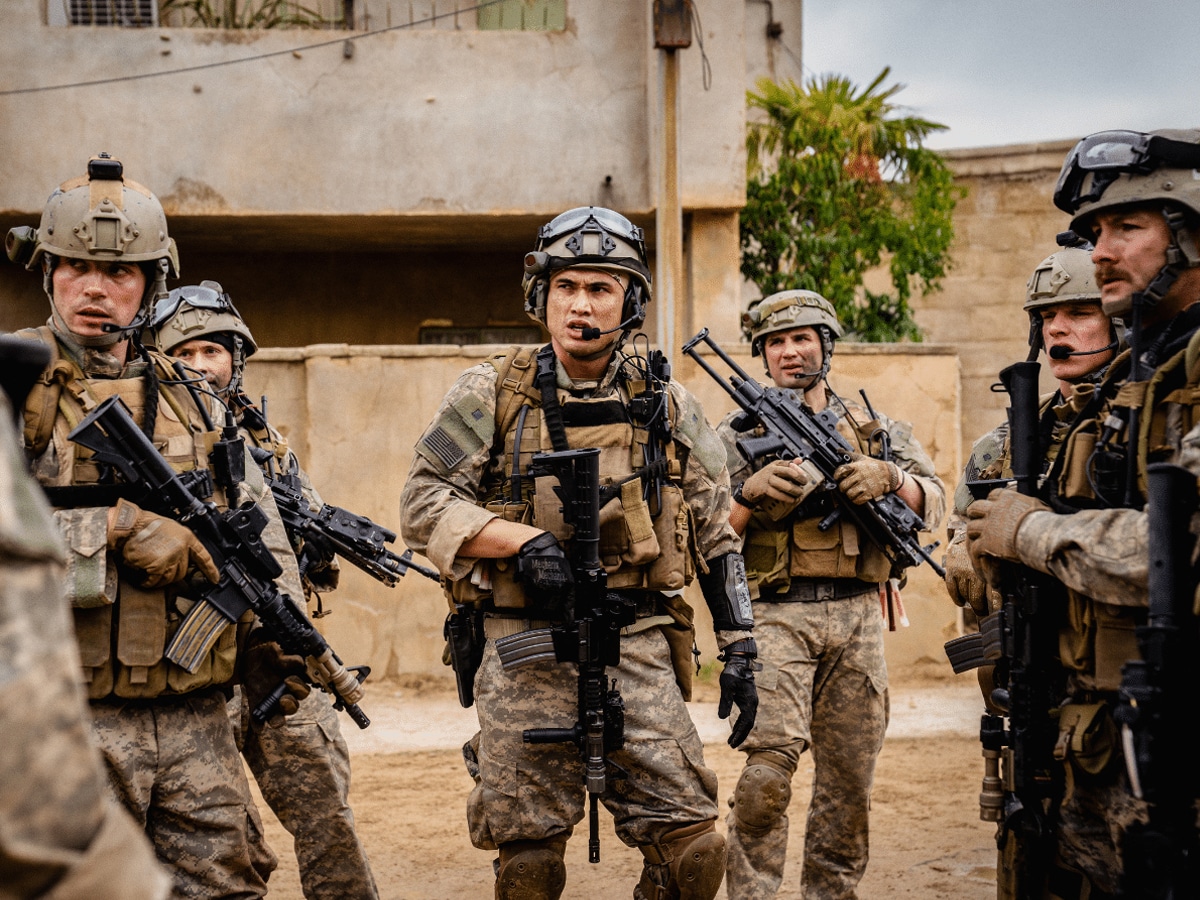
MoM: It’s interesting that you note how young D’Pharaoh is, because most of the cast are quite young, which reflects the reality of who is actually fighting wars. I think it’s a really important part of the movie – was it an intentional part of Alex and Ray’s vision for Warfare?
Quinn: Yeah, I think it’s quite clear that war is fought by the youth, and while it’s not my place to speak on D’Pharaoh’s age, we’re all young men. It was essential, I think, that these men are not mythologised or deified, or portrayed as these fearless super humans. Whilst they are incredibly proficient and display tremendous bravery, they’re human beings, and regardless of the training they have, and which they fall back on, they struggle.
Woon-A-Tai: I can’t speak to the casting. I’m not the director, but I also noticed that we’re a young cast compared to a lot of other war films. Not to put any other production down, but a lot of the time you see late 30-year-olds, 40-year-olds, etc., while Ray was 23 years old, and Kit Conner’s character Tommy was 20 years old. These were very young people that are depicted, and Ray and Alex wanted authenticity, so casting young actors was what happened.
MoM: I thought it was portrayed so well in the film, and one of the things I loved about the movie was that we see the physical toll of what happens to the soldiers, but also the mental toll of what happens through the film. Can you talk me through acting out a scene where a character is going into shock, either through pain or through witnessing these horrific things happen to your friends around you? What was that like?
Woon-A-Tai: Yeah, my character does dissociate in the film. He gets out of an IED (improvised explosive device) explosion and he’s fucked up. When we were tackling those scenes that were related to dissociating, of course, Ray doesn’t remember what he looked like, or what he was doing. He was dissociating, so that the only moment where we had some leeway to imagine what happened rather than stick so close to his memory.
Quinn: Going off what D’Pharaoh said, obviously the events that happened took place in real life, and the consequences are lived, and dealt with every single day by a number of the SEALs. So after building up the camaraderie that we had in the boot camp, and the levity that we found, and then going into the more delicate and complicated aspects of the shoot, where it’s very painful for a number of the characters, it felt heavy. The importance of that levity is really profound. We had to have a laugh, basically.
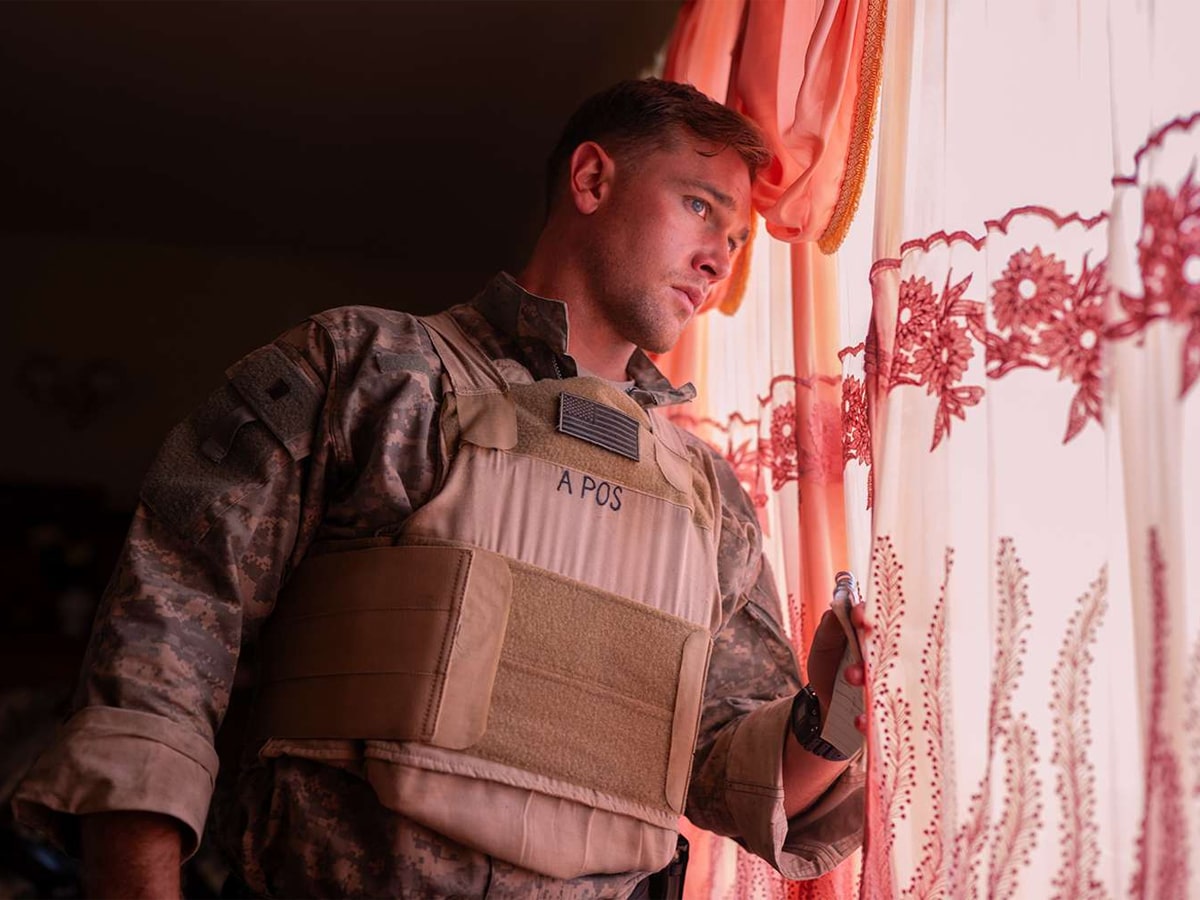
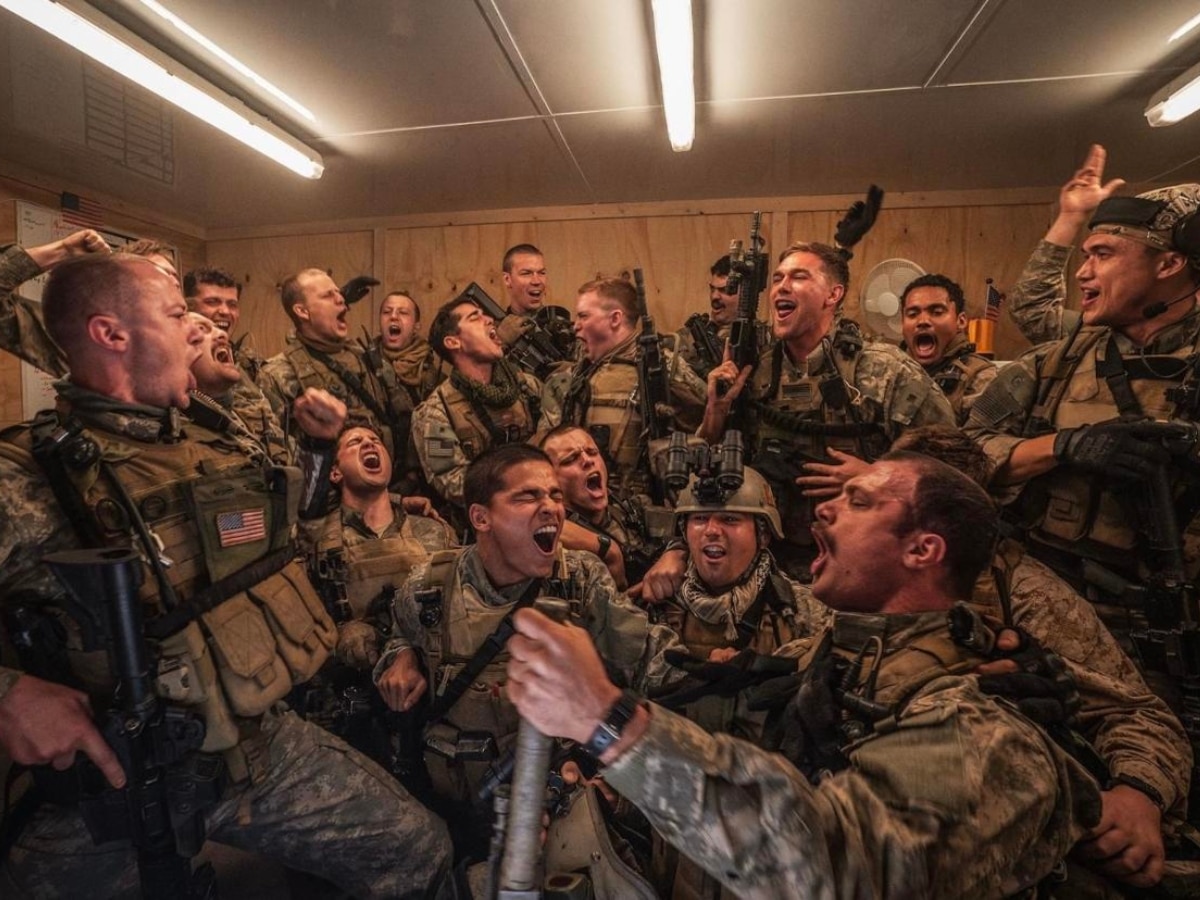
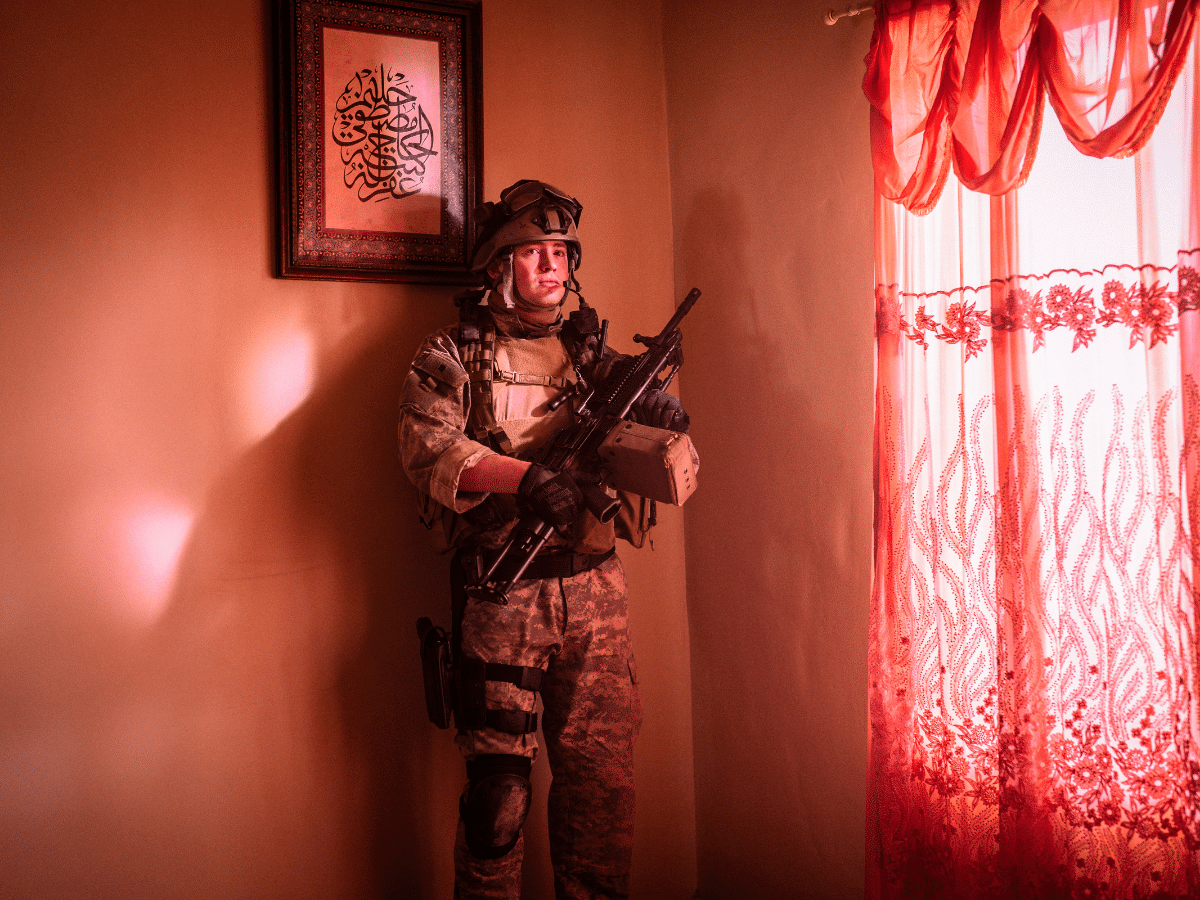
MoM: Can you tell me a bit about how filming Warfare has stood out as a production compared to other movies you’ve filmed?
Quinn: It was a totally singular experience. It’s very rare that you are able to spend this amount of time with a cast – the fact that for the three weeks prior, and the five weeks of shooting, we all lived together in the same hotel, we worked out together, we ate together, quite similar to how the SEALs lived, it’s already provided a very rare experience for us.
The cameras that we used were state-of-the-art and very revolutionary as well, and it was a very nimble form of filmmaking. It gave us the ability to burn through material very quickly, and that was thrilling because sometimes on a film set, there can be a lot of waiting around. With this one, it was adrenalised, and it was clear there was very little room for extension of the shooting days, so we just had to get it all in, and the only way to do that was through preparation. The ethos that we created in that bootcamp really bled into the shooting days, and enabled us to move at a pace that I haven’t moved at on another film set. It was thrilling.
Woon-A-Tai: I completely agree. The authenticity and the realism of this film are very unique compared to other projects I’ve done before. For example, in the movie, when OP2 comes in to save us, on a normal film set we’d probably meet those actors on that day just before we shot it, but those guys were with us the entire time. They were there with us during the bootcamp, they were on set every day, and when I talk into the radio in the movie, I wasn’t talking to a PA (production assistant), which is usual, I was talking to Noah Centineo, and Evan Holtzman, and the rest of the guys who were there every day even when they weren’t on camera that day.
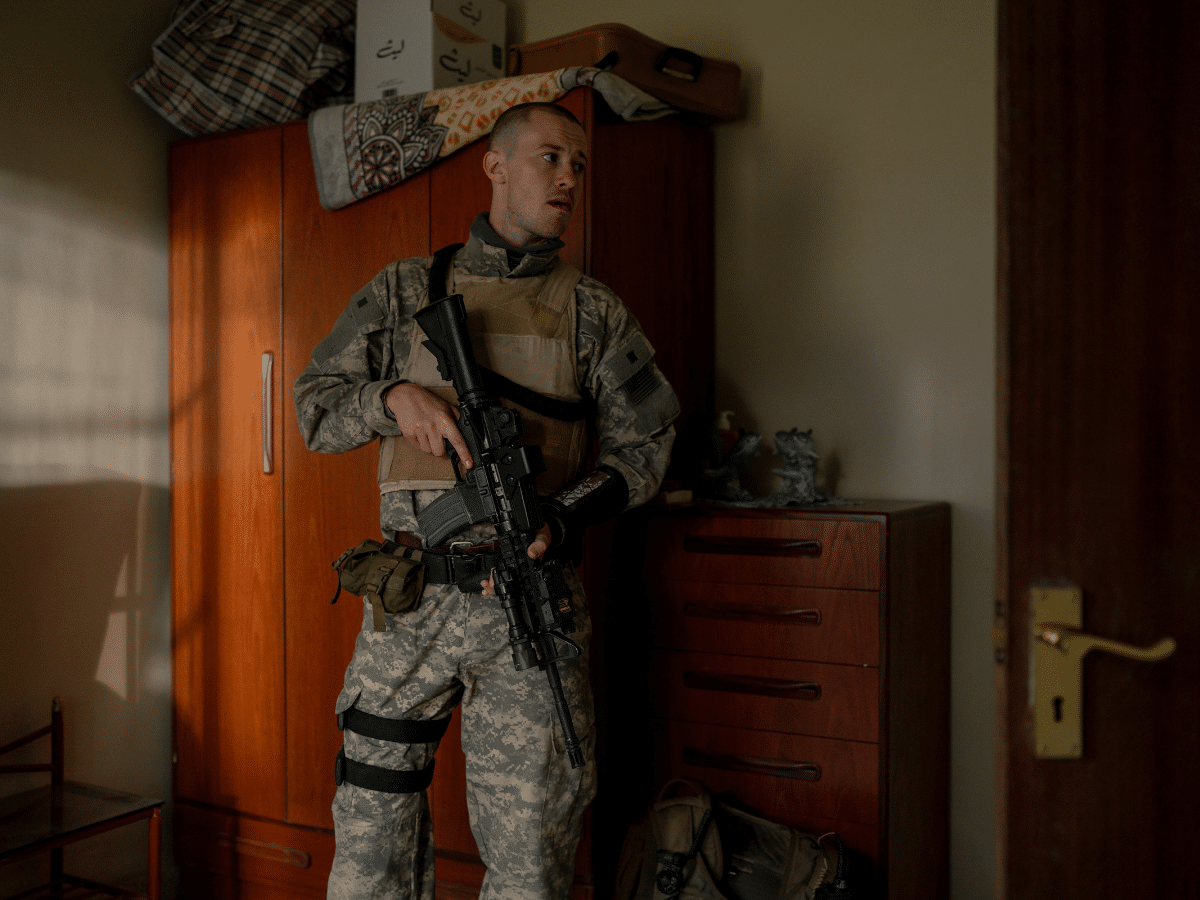
MoM: Now that the movie is done, and out, what are you hoping audiences will take from Warfare? And what did you take it?
Quinn: I think there’s no agenda with this film. I think it’s there to present the consequences of war, and it is a love letter to Elliott, who doesn’t remember what happened. We were really there in service of Alex and Ray, and Ray was there in service of Elliott, so it was quite a profound experience. That’s what I took from it, and I hope that audiences are able to see the care, the compassion, and the love between these men, and the consequences that befall them as a result of going to war.
Woon-A-Tai: I’ve been on projects before where I felt like they were made specifically for a certain community, and only that community can understand it, and I think this is one of those movies. I think your everyday civilian watching this film will not understand half of what Ray says, or half of what anybody says, because we don’t take the time to explain, because truthfully, the movie is for veterans. It’s for Elliott.
What I’d want regular civilians to take from this is to start conversations regarding war. I think what’s great about this movie is that it doesn’t glamorise war, we just state the facts of the consequences of sending young kids onto battlefields. I think that’s a big thing audiences should take away.
Warfare is a brutal military combat film written and directed by Ray Mendoza and Alex Garland. The stylised biographical feature is based on Mendoza’s experiences during the Iraq War as a U.S. Navy SEAL, and depicts an incident he and his platoon experienced on November 19, 2006 in the wake of the Battle of Ramadi. Warfare stars D’Pharaoh Woon-A-Tai, Will Poulter, Cosmo Jarvis, Kit Connor, Finn Bennett, Joseph Quinn, Charles Melton, Noah Centineo, and Michael Gandolfini. The film was released in cinemas on 17 April 2025 and is dedicated to platoon member Elliott Miller (Jarvis), who lost his leg and the ability to speak in the incident.
Image Credit: A24 Films, DNA Films, Murray Close







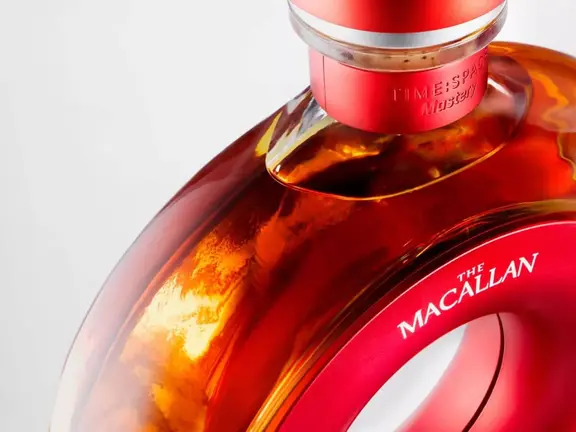
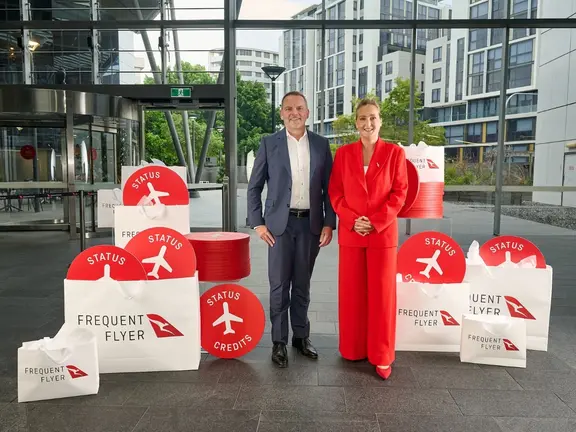






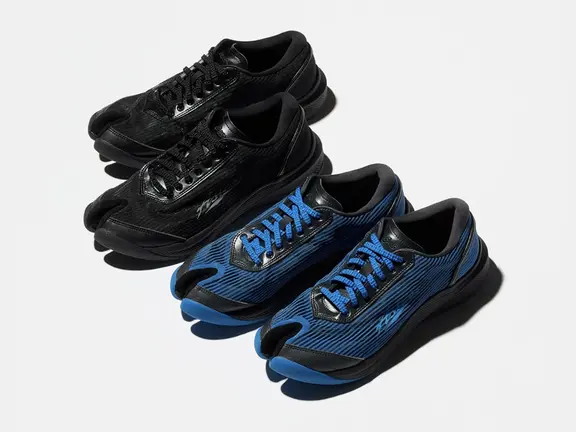
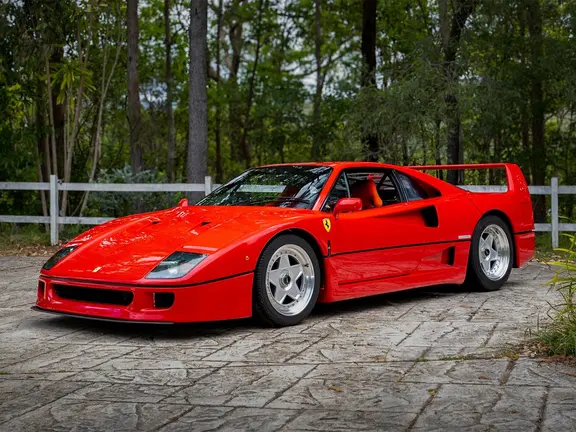

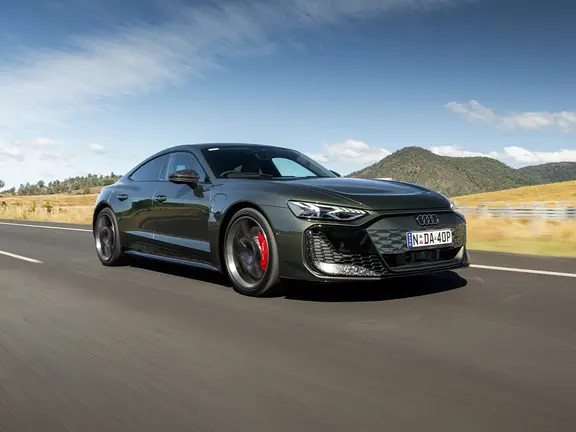
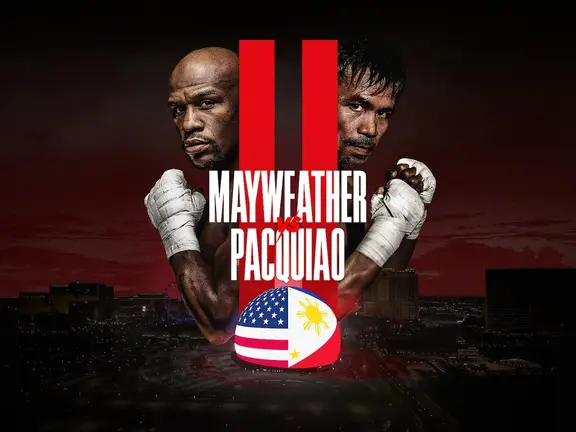










Comments
We love hearing from you. or to leave a comment.